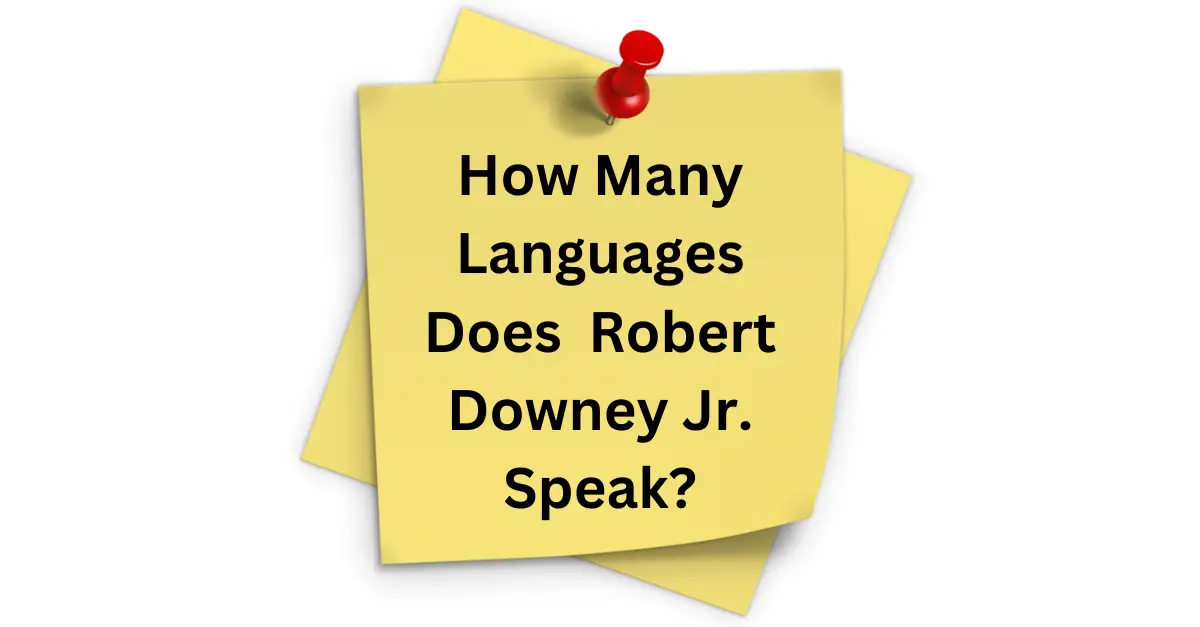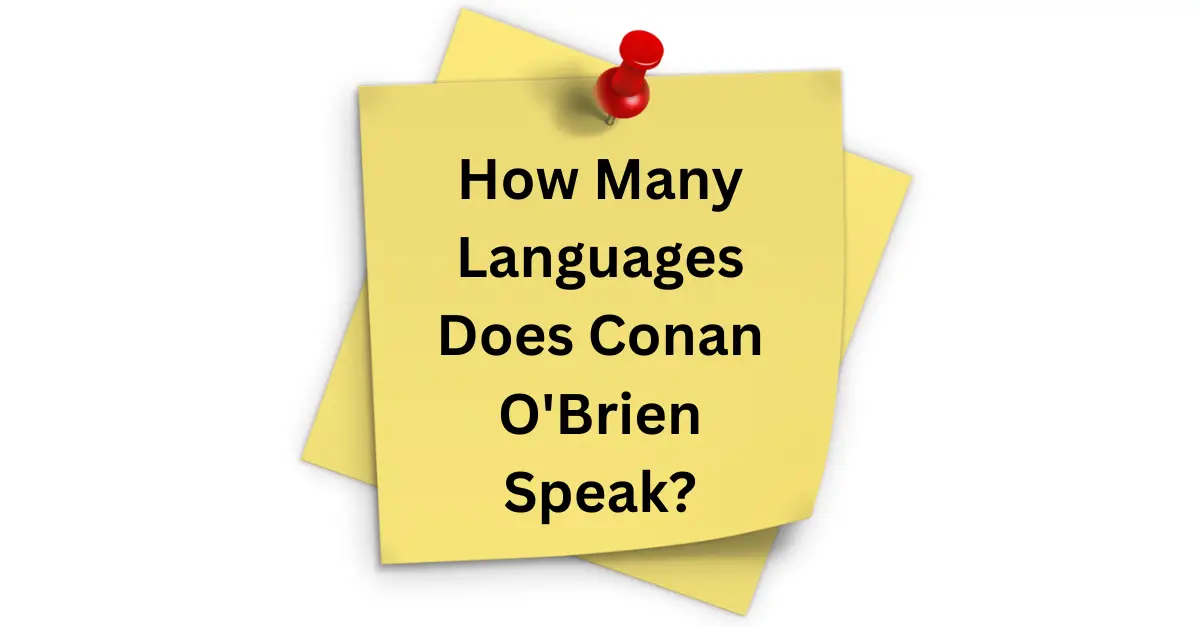If you’re looking to expand your language skills and celebrate someone’s special day in a unique way, then learning how to say “Happy Birthday” in Xhosa is the perfect place to start. Xhosa is a Bantu language spoken in South Africa, and it has its own distinct cultural and linguistic heritage. In this article, we’ll explore the beautiful phrase used to wish someone a joyful birthday in Xhosa, providing you with the pronunciation and a glimpse into the vibrant Xhosa culture. Get ready to impress your friends and loved ones with a heartfelt birthday greeting that goes beyond the usual words!
Introduction
Birthdays hold a special place in every culture, and the Xhosa culture in South Africa is no exception. Xhosa birthdays are not only a time for celebration but also an opportunity to honor traditions and strengthen bonds with loved ones. In this article, we will explore the unique aspects of celebrating birthdays in Xhosa culture, from traditional customs to modern practices. We will also delve into the Xhosa language, including common greetings, birthday songs, and traditional gifts. So get ready to immerse yourself in the vibrant world of Xhosa birthday celebrations!
See Also: Happy Birthday In Luxembourgish
Xhosa Language
Overview of Xhosa
Xhosa is one of the official languages of South Africa, primarily spoken by the Xhosa people, who are part of the Nguni ethnic group. It is a tonal language, meaning that the pitch or tone of a word can change its meaning. Xhosa belongs to the Bantu language family, which is widely spoken in sub-Saharan Africa. With its distinct click sounds and rich vocabulary, Xhosa is a language full of beauty and complexity.
Origins of Xhosa
The Xhosa language has a fascinating history that dates back thousands of years. It evolved from the Proto-Bantu language spoken by early Bantu-speaking communities in Africa. Over time, the Xhosa people migrated to their current territory in the Eastern Cape of South Africa, where they developed their unique dialects and cultural practices. Today, Xhosa is spoken by millions of people in South Africa, making it an integral part of the nation’s linguistic and cultural heritage.
Key Features of Xhosa
Xhosa is characterized by its distinctive click sounds, which are produced by clicking the tongue against different parts of the mouth. These clicks are represented by letters such as “q,” “c,” and “x” in the Xhosa alphabet. The language also has a complex system of noun classes, which categorize nouns based on their characteristics and determine how they are used in sentences. Xhosa grammar relies heavily on prefixes and suffixes, which are added to words to indicate various grammatical relationships.
Celebrating Birthdays in Xhosa Culture
Significance of Birthdays in Xhosa Culture
Birthdays hold great importance in Xhosa culture, as they are seen as a milestone in a person’s life. They symbolize growth, blessings, and the passing of another year. Xhosa birthdays are often celebrated with family and friends, creating an opportunity to reflect on the past year’s achievements and set intentions for the year ahead. The celebration of birthdays is a time-honored tradition that brings people together and reinforces the bonds of community.
Traditional Birthday Customs
In traditional Xhosa culture, birthdays were celebrated with various rituals and customs. For example, the birthday person would be required to perform a set of tasks or challenges that demonstrated their maturity and readiness to embrace the responsibilities associated with their age. These tasks could include herding livestock, planting crops, or participating in ceremonial dances. They were meant to mark the transition from one life stage to another, with each age group having its own set of expectations and responsibilities.
Modern Birthday Celebrations
While some traditional customs are still observed, modern Xhosa birthday celebrations have evolved to incorporate contemporary elements. Nowadays, birthdays are often marked by gatherings with family and friends, where food, laughter, and good cheer abound. Gifts, both traditional and modern, are exchanged as tokens of love and appreciation. Music and dance are an integral part of the festivities, adding a vibrant and joyful atmosphere to the celebrations. In recent years, birthday parties with themes and decorations have also become popular, bringing a touch of modernity to the traditional Xhosa birthday experience.
Greetings and Well Wishes
Common Birthday Greetings
When wishing someone a happy birthday in Xhosa, there are a few common greetings you can use. “Unyaka omusha omuhle” is a phrase that translates to “Wishing you a beautiful new year.” This is a warm and heartfelt way to express your well wishes to the birthday person. Another common greeting is “Ube nosuku olumnandi lokuzalwa,” which means “May you have a blessed birthday.” Both of these greetings convey a sense of positivity, love, and good fortune for the year ahead.
Expressions of Good Wishes
In addition to birthday greetings, there are several expressions of good wishes that are often shared during Xhosa birthday celebrations. One such expression is “Uthi mamgobozi mawube njalo,” which means “May your path always be smooth.” This is a way of wishing the birthday person a life full of ease and prosperity. Another common expression is “Umsebenzi omuhle siyakuncedela,” which translates to “We wish you success in all your endeavors.” This expression emphasizes the importance of supporting and encouraging the birthday person in their future pursuits.
| Phrase in Xhosa | Translation |
|---|---|
| Unyaka omusha omuhle | Wishing you a beautiful new year |
| Ube nosuku olumnandi lokuzalwa | May you have a blessed birthday |
| Uthi mamgobozi mawube njalo | May your path always be smooth |
| Umsebenzi omuhle siyakuncedela | We wish you success in all your endeavors |
| Icala LikaSomhambi | Traditional Xhosa birthday song |
| Liphumeleleyo kuwe, kuwe! | May it be successful for you, for you! |
| Yeka ukujola | Stop being lazy |
| Lishone liphumeleleyo kuwe, kuwe! | May it end successfully for you, for you! |
Singing Happy Birthday in Xhosa
Traditional Xhosa Birthday Song
In Xhosa culture, a birthday is often celebrated with a traditional song called “Icala LikaSomhambi.” This song is sung to honor the birthday person and wish them well in the coming year. It is a joyous and lively tune that reflects the spirit of Xhosa birthday celebrations. The song is typically accompanied by clapping, dancing, and ululating, which is the traditional high-pitched vocal expression of joy and celebration.
See Also: Happy Birthday In Zulu
Lyrics of the Xhosa Birthday Song
The lyrics of the Xhosa birthday song, “Icala LikaSomhambi,” are as follows:
“Icala likaSomhambi, Liphumeleleyo kuwe, kuwe! Icala likaSomhambi, Liphumeleleyo kuwe, kuwe!
Yeka ukujola, Lishone liphumeleleyo kuwe, kuwe! Yeka ukujola, Lishone liphumeleleyo kuwe, kuwe!”
These lyrics convey the essence of the song, which is to celebrate the birthday person and wish them a prosperous year ahead. The repetition of the phrase “Liphumeleleyo kuwe, kuwe!” emphasizes the well wishes and blessings being bestowed upon the birthday person.
How to Pronounce the Xhosa Birthday Song
Here is a simplified pronunciation guide for the Xhosa birthday song:
- “Icala likaSomhambi” is pronounced as “ee-cah-lah lee-kah-Sohm-hahm-bee.”
- “Liphumeleleyo kuwe, kuwe!” is pronounced as “lee-poo-meh-leh-yoh koo-weh, koo-weh!”
- “Yeka ukujola” is pronounced as “yeh-kah oo-koo-yoh-lah.”
- “Lishone liphumeleleyo kuwe, kuwe!” is pronounced as “lee-show-neh lee-poo-meh-leh-yoh koo-weh, koo-weh!”
Birthday Traditions and Gifts
Traditional Xhosa Birthday Gifts
In traditional Xhosa culture, certain gifts hold special meaning when given on someone’s birthday. For example, a sheepskin cape known as a “ibheshu” is a traditional gift symbolizing honor and dignity. It is often given to young men on their coming-of-age birthdays. Girls may receive beaded jewelry or traditional clothing, such as a “mbhaco,” which is a colorful and intricately embroidered skirt. These traditional gifts not only honor the Xhosa cultural heritage but also serve as tangible symbols of love and pride.
Modern Birthday Gifts in Xhosa Culture
In modern Xhosa culture, the range of birthday gifts has expanded to include items that reflect personal interests and preferences. Common gifts now include clothing, accessories, gadgets, and books. It is important to choose a gift that is meaningful and thoughtful, taking into account the recipient’s personality and passions. Handmade crafts and artworks also make for unique and cherished birthday presents, supporting local artisans and celebrating the vibrant artistic traditions of the Xhosa people.
Birthday Traditions and Customs
Xhosa birthday celebrations often include traditions and customs that add depth and meaning to the festivities. One such tradition is the lighting of ceremonial candles. Each candle represents a year of the birthday person’s life, and as they are lit, blessings and well wishes are spoken. This ritual serves as a reminder of the journey of life and the importance of cherishing each passing year. Another common custom is the giving of speeches, where family members and friends share heartfelt words of encouragement and love for the birthday person. These speeches create a sense of community and strengthen the bonds between individuals.
Xhosa Birthday Food and Drinks
Traditional Xhosa Birthday Dishes
Food plays a central role in Xhosa birthday celebrations, with traditional dishes adding flavor and cultural significance to the festivities. One popular dish is “umphokoqo,” a cornmeal-based porridge mixed with sour milk. It is often served with “chakalaka,” a spicy vegetable relish, and “isidudu,” a pumpkin and corn mash. “Umqombothi,” a traditional Xhosa beer made from maize and sorghum, is also a staple at birthday gatherings. These traditional dishes provide a taste of Xhosa heritage and contribute to the festive atmosphere of the celebrations.
Popular Xhosa Birthday Drinks
In addition to “umqombothi,” there are other popular drinks that are enjoyed during Xhosa birthday celebrations. “Mageu,” a fermented maize drink, is a refreshing and nutritious beverage that is often served cold. It is a favorite among both children and adults. Another popular choice is “rooibos tea,” a caffeine-free herbal tea that is native to South Africa. Its natural sweetness and soothing properties make it a delightful accompaniment to birthday cakes and desserts. These drinks reflect the diversity of Xhosa culture and add a touch of authenticity to the birthday festivities.
Xhosa Birthday Decorations
Traditional Decorations
Traditional Xhosa birthday decorations are often rooted in cultural symbolism and natural elements. The colors of the Xhosa flag, which are black, white, green, and yellow, may be incorporated into the decorations to represent unity, fertility, and prosperity. Traditional beadwork, which holds great significance in Xhosa culture, can be used to adorn the party space. Symbols such as the “intsimbi,” a traditional musical instrument, or “ixhwele,” a ceremonial cowtail fly whisk, may also be incorporated into the decorations as a way to honor Xhosa traditions.
Modern Birthday Decorations in Xhosa Culture
With the influence of modern celebrations, it is common to see a combination of traditional and contemporary decorations at Xhosa birthdays. Balloons, streamers, and banners may be used to create a festive atmosphere. These decorations can be customized with Xhosa patterns and colors to give them a unique touch. Personalized posters or photo displays that showcase the life and achievements of the birthday person are also popular. The aim of modern decorations is to create a visually appealing and joyful setting that reflects the individuality of the birthday person.
Symbolic Elements for Xhosa Birthdays
Xhosa birthday decorations often incorporate symbolic elements that represent important aspects of life and culture. For example, the “imbenge,” a woven basket, is a symbol of unity and collective strength. It can be used as a centerpiece or decoration, reminding everyone of the importance of community and support. Another symbolic element is the “umqhele,” a traditional Xhosa headband worn by married women. It signifies wisdom, maturity, and respect. Incorporating these symbolic elements into the decorations adds depth and meaning to the birthday celebrations.
Conclusion
Celebrating birthdays in the Xhosa culture is an opportunity to honor traditions, strengthen bonds, and create lasting memories. From traditional customs to modern celebrations, Xhosa birthdays are filled with joy, love, and cultural richness. The Xhosa language, with its unique features and vibrant expressions, adds another layer of beauty to these celebrations. As we have explored the various aspects of Xhosa birthday traditions, we hope to have provided you with insights into this rich cultural heritage. By embracing the diversity of languages and cultures, we can deepen our appreciation for the world around us and foster a greater sense of unity and understanding.
References
Sources
- Happy Birthday in Xhosa
- Xhosa Language
- Xhosa people
- The Xhosa Kingdom
- Xhosa Cuisine
- Symbols of the Xhosa Culture
Further Reading
- “The Xhosa Beard Movement in South Africa” by B. Cowell
- “African Folklore: An Encyclopedia” by P. W. Schmidt




